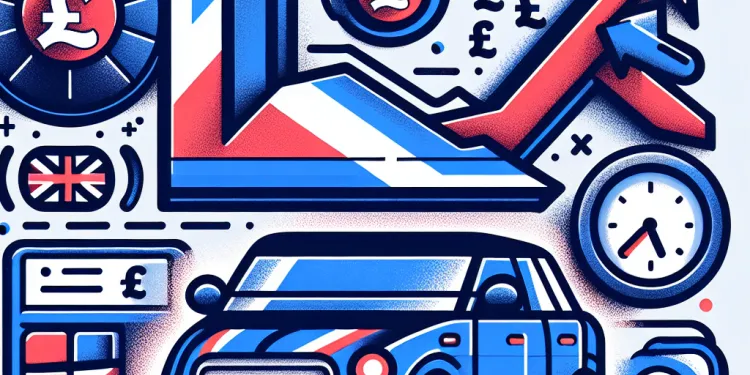
Find Help
More Items From Ergsy search
-

How does interest rate affect my car finance agreement?
Relevance: 100%
-

What should I look for in my car finance agreement?
Relevance: 81%
-
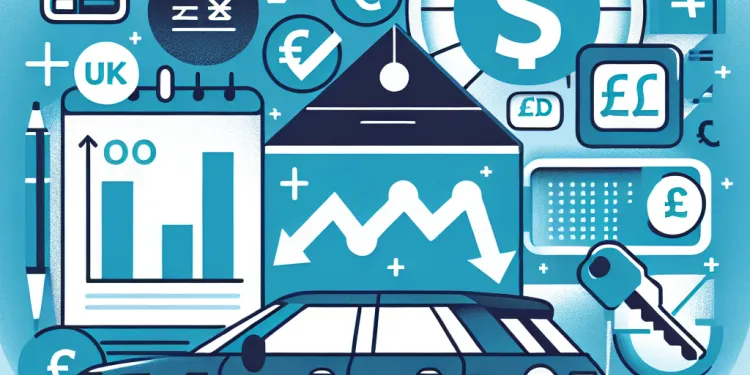
What does it mean to be mis-sold car finance?
Relevance: 62%
-

Why is understanding the terms of car finance important?
Relevance: 61%
-
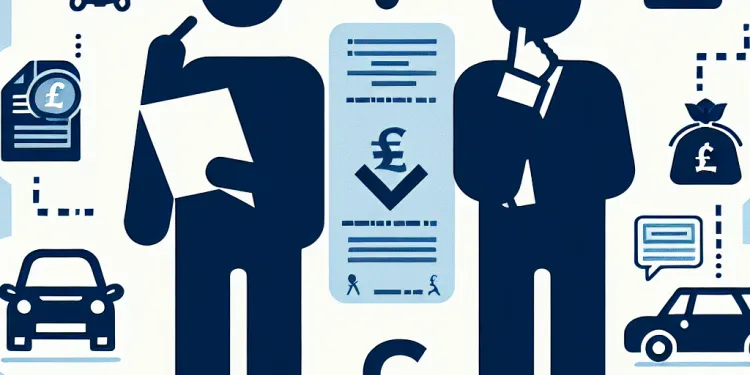
What are common signs of being mis-sold car finance?
Relevance: 59%
-

Are all car finance products potentially subject to mis-selling?
Relevance: 59%
-

How can I check if I was mis-sold car finance?
Relevance: 58%
-

How does leasing compare financially to financing a car?
Relevance: 58%
-

How can I find out if I was mis-sold car finance?
Relevance: 57%
-

Can I claim compensation if I was mis-sold car finance?
Relevance: 56%
-

Can mis-sold car finance affect my credit score?
Relevance: 54%
-

What documents do I need to assess if I was mis-sold car finance?
Relevance: 53%
-
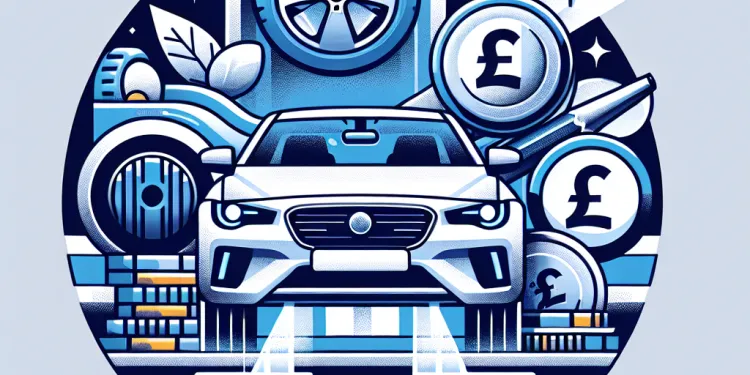
Can I modify a car I'm leasing or financing?
Relevance: 53%
-

Can a finance broker be liable for mis-selling car finance?
Relevance: 50%
-
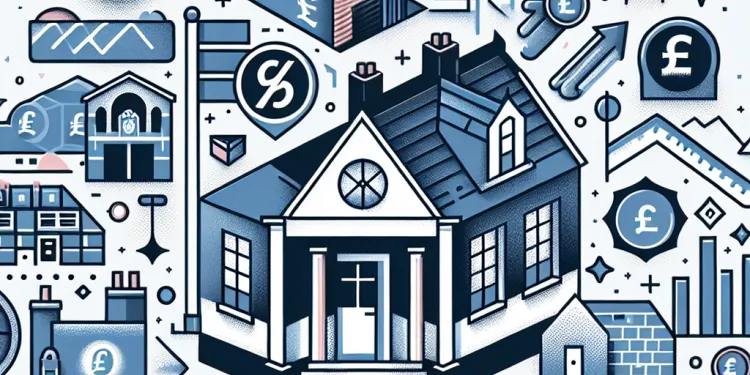
Can my lender change my interest rate without notification?
Relevance: 50%
-
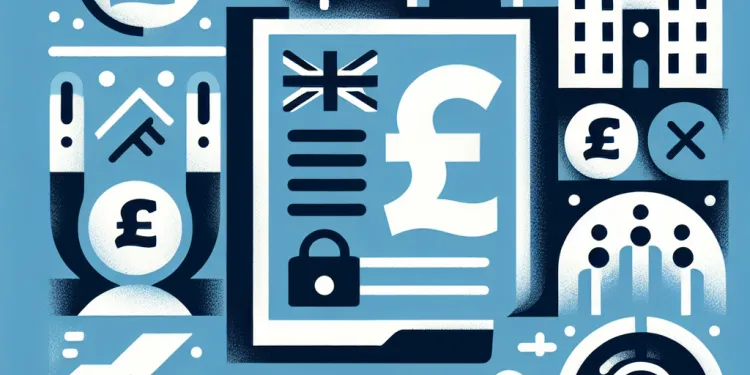
Are there specific eligibility criteria for PCP or HP agreements?
Relevance: 49%
-
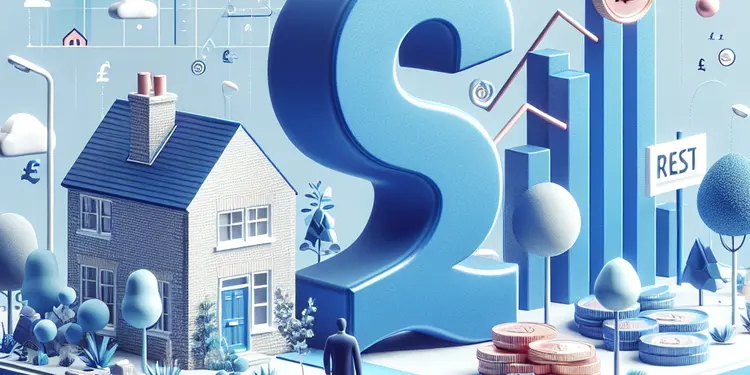
How do better interest rates help me save money?
Relevance: 47%
-
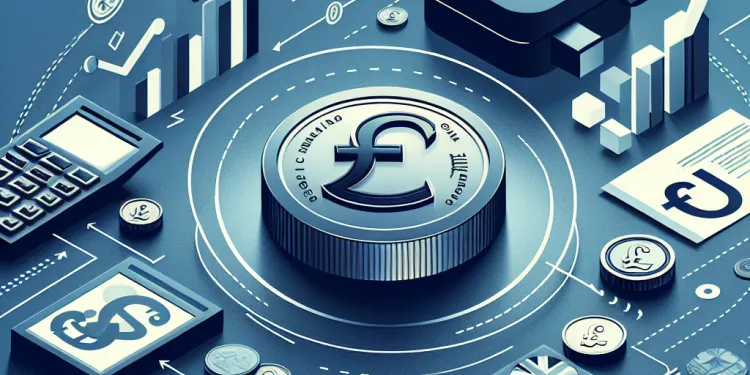
What happens to my monthly payments if interest rates rise?
Relevance: 46%
-

Why do interest rates rise and fall?
Relevance: 45%
-
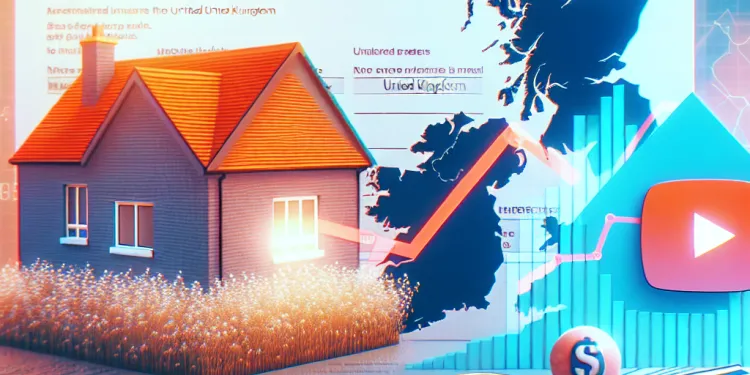
How do interest rate changes affect my mortgage payments?
Relevance: 44%
-
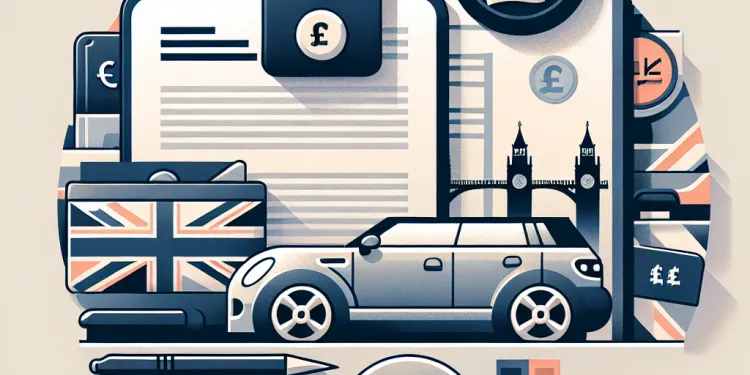
What's typically included in a car lease agreement in the UK?
Relevance: 44%
-

Will my fixed-rate mortgage payments change with interest rate fluctuations?
Relevance: 44%
-
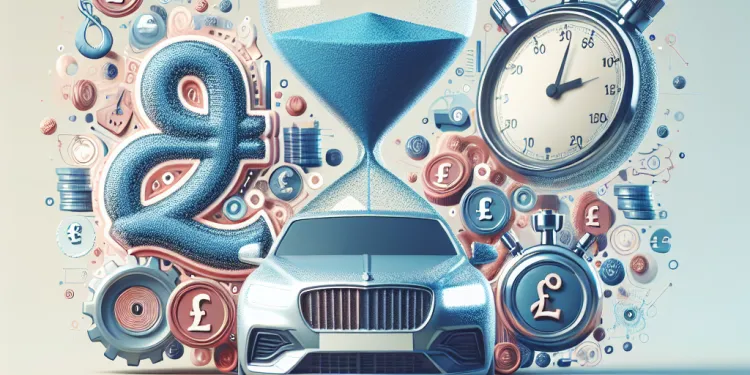
What is the time limit for making a complaint about mis-sold car finance?
Relevance: 44%
-
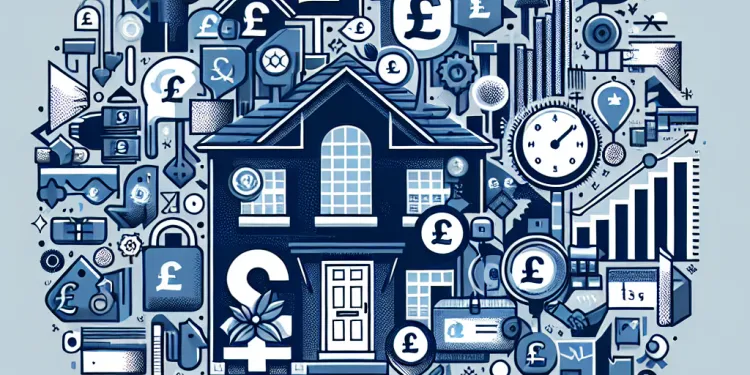
Are first-time buyers affected differently by interest rate changes?
Relevance: 44%
-
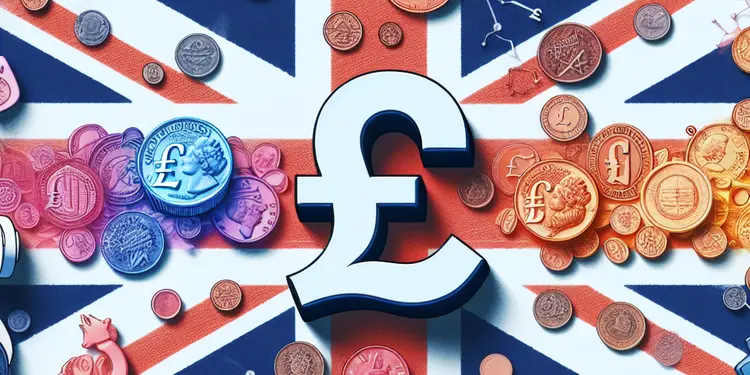
Can interest rates on student loans be reduced?
Relevance: 43%
-
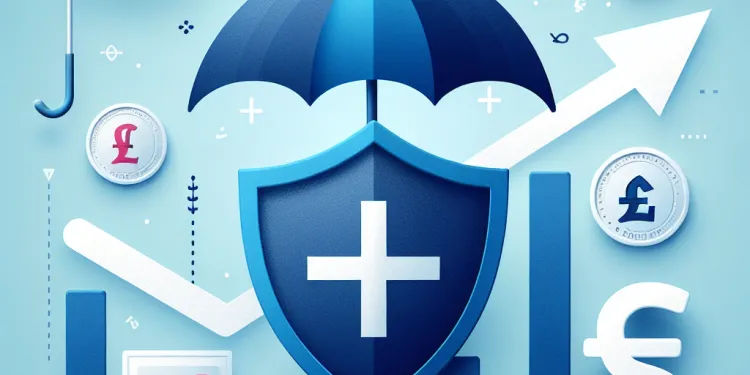
How can I protect myself from rising interest rates?
Relevance: 42%
-
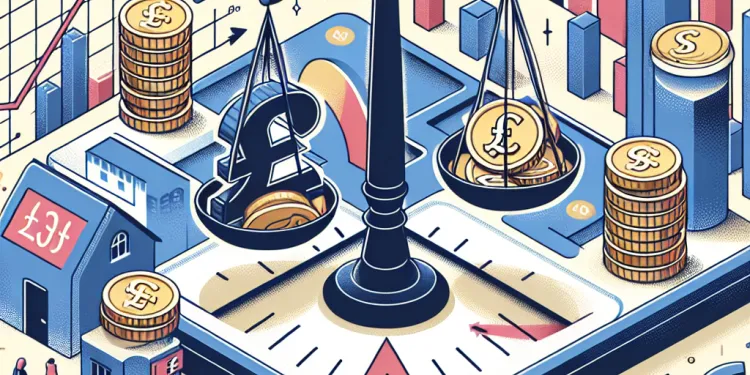
How do economic conditions influence interest rate changes?
Relevance: 42%
-

What is the role of the Financial Conduct Authority (FCA) in car finance mis-selling?
Relevance: 42%
-
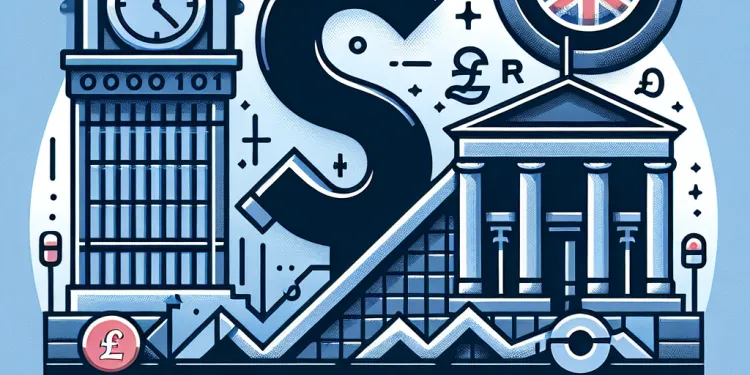
What is an SVR and how does it relate to interest rate changes?
Relevance: 42%
-
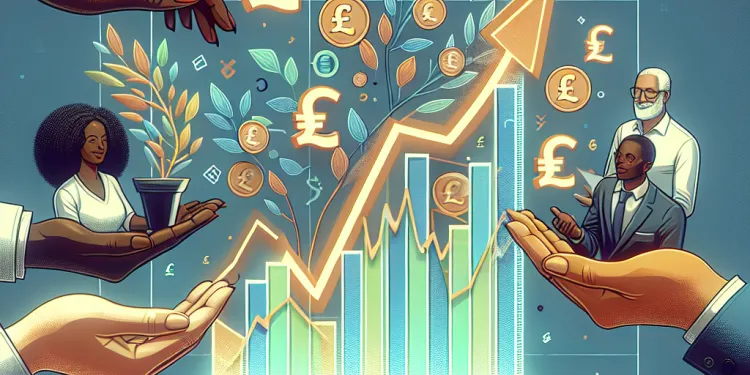
Major Banks Announce Changes in Interest Rates: Are You Affected?
Relevance: 41%
-
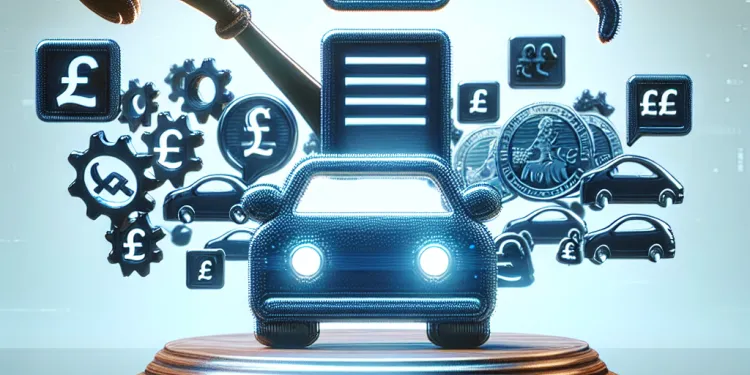
What should I do if my complaint about mis-sold car finance is rejected?
Relevance: 41%
-
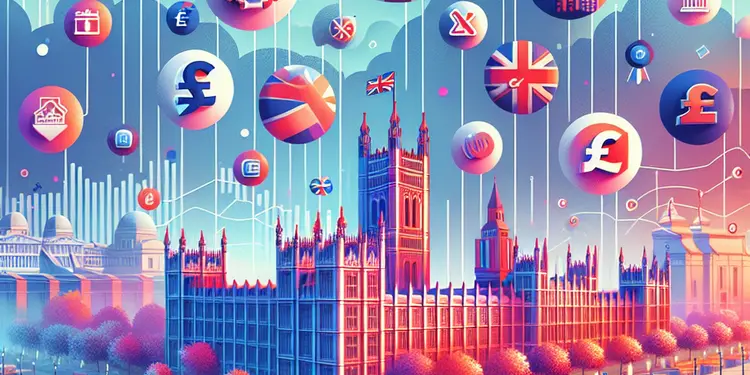
How do better interest rates help me save money?
Relevance: 41%
-

How to Buy a Car UK | Pros and Cons | PCP vs HP vs Leasing
Relevance: 41%
-
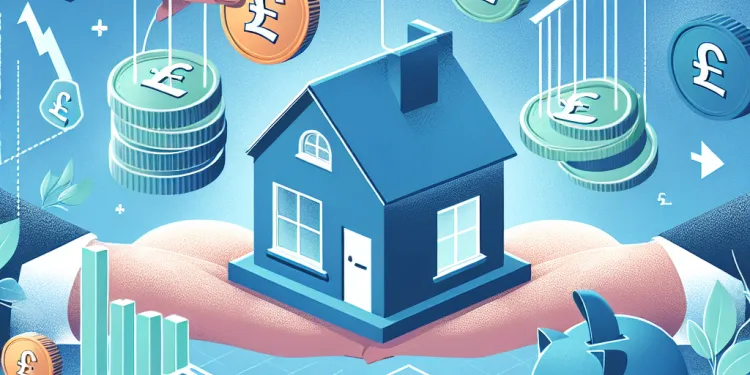
Is it possible to switch my mortgage type if interest rates become unfavourable?
Relevance: 40%
-
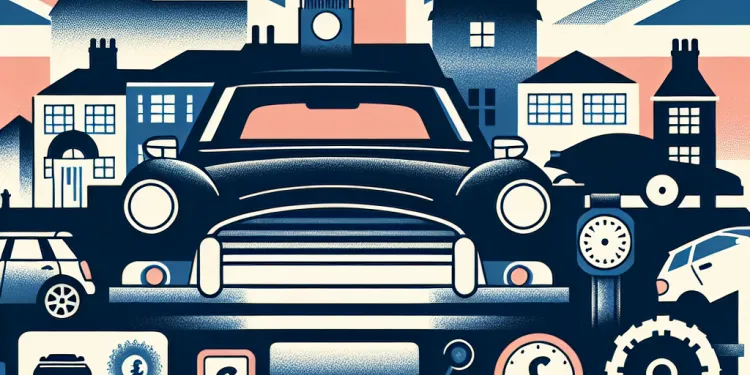
Can I make a complaint if I was mis-sold car finance?
Relevance: 40%
-
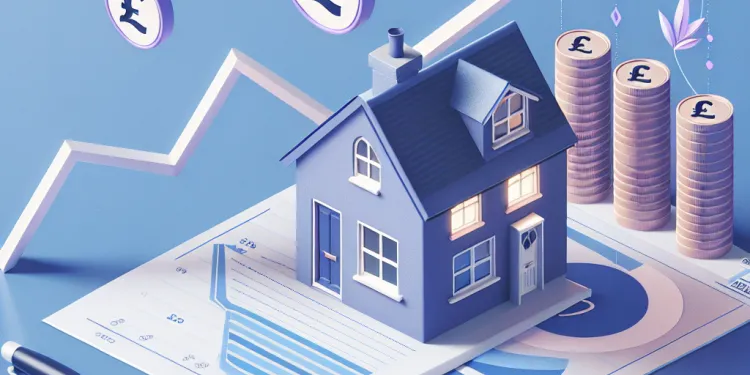
What should I do if I can't afford my mortgage payments due to rising interest rates?
Relevance: 40%
-
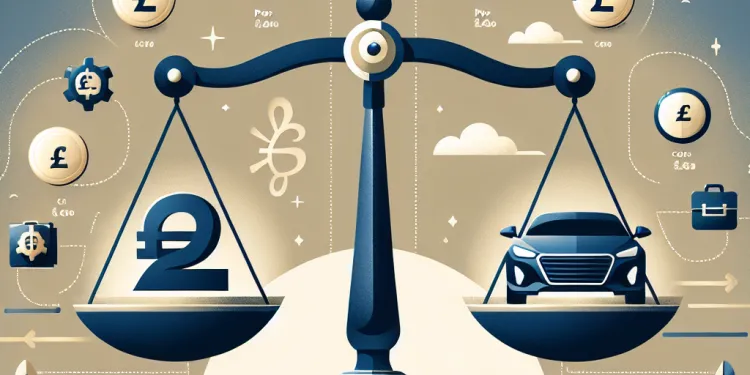
What are the pros and cons of leasing a car?
Relevance: 39%
-
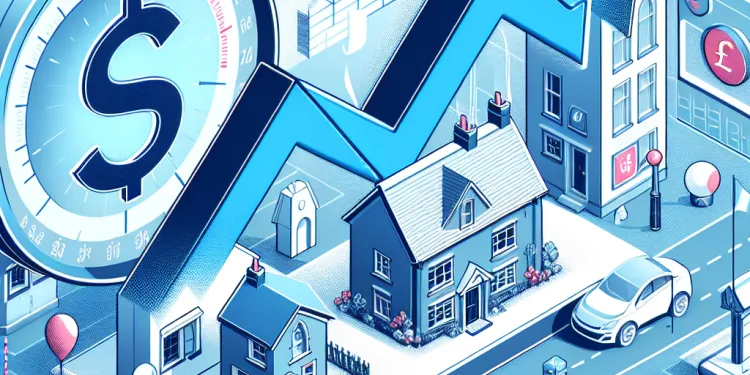
What is a tracker mortgage and how does it respond to interest rate changes?
Relevance: 37%
-
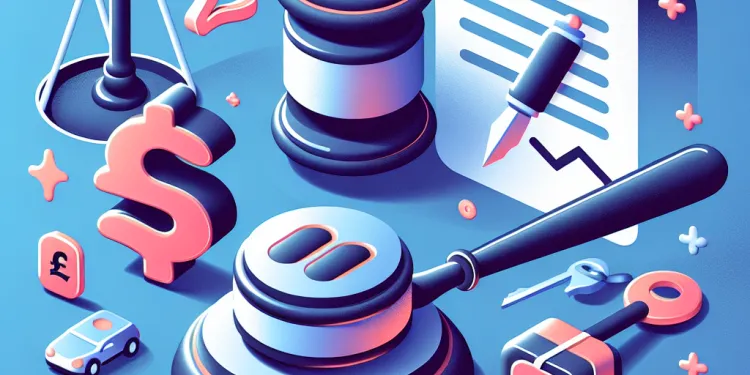
Who can I contact if I suspect I was mis-sold car finance?
Relevance: 37%
-
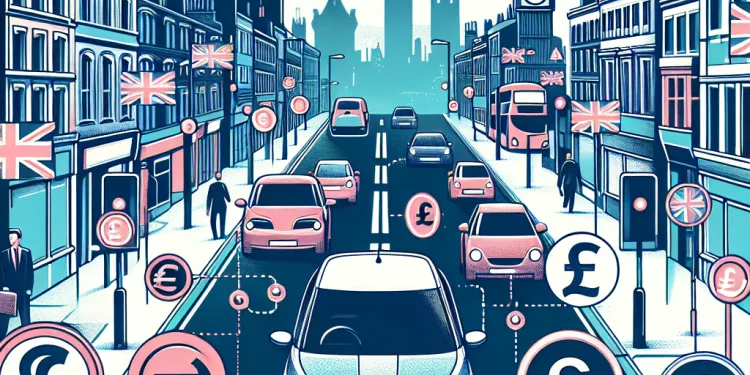
What does leasing a car entail in the UK?
Relevance: 36%
Introduction to Car Finance and Interest Rates
Car finance is a popular option for UK residents looking to purchase a vehicle without paying the full price upfront. Understanding how interest rates impact your finance agreement is crucial, as it greatly influences the total cost you'll ultimately pay for your car. This guide will explore the significance of interest rates in car finance, highlighting several key aspects.
What is an Interest Rate?
An interest rate, often expressed as an annual percentage rate (APR), is the cost of borrowing money. In the context of car finance, the interest rate determines how much extra you pay on top of the principal loan amount. Lenders charge interest to compensate for the risk of lending money and to cover their operating costs.
How Interest Rates Impact Monthly Payments
The interest rate directly affects your monthly payments. A lower interest rate means you'll pay less in interest charges each month, reducing your overall monthly payment. Conversely, a higher interest rate increases the portion of your payment that goes towards interest, resulting in higher monthly costs. For example, even a slight difference in interest rates can significantly impact your budget over the term of the loan.
Total Cost of Car Finance
The interest rate doesn't just affect your monthly payments; it also determines the total amount you pay over the life of the agreement. A higher interest rate means you'll pay more in interest charges overall, increasing the total cost of the car. Therefore, obtaining a lower interest rate can save you a substantial amount of money, especially on larger loans or longer terms.
Factors Influencing Interest Rates
Several factors can influence the interest rate you'll be offered on a car finance agreement. These include your credit score, the amount you wish to borrow, the length of the loan, and the lender's policies. A higher credit score generally qualifies you for a better rate, as it indicates to lenders that you have a lower risk of defaulting on the loan.
Fixed vs. Variable Rates
Car finance agreements in the UK may feature either fixed or variable interest rates. A fixed rate remains constant throughout the term of the loan, providing stability and predictable payments. A variable rate may fluctuate with market conditions, potentially leading to increases or decreases in your payment amount. It's essential to understand which type of rate your agreement includes, as this will affect planning and budgeting.
Conclusion
Understanding how interest rates affect car finance agreements is vital for making informed decisions when purchasing a vehicle. By considering the interest rate's impact on your monthly payments and total cost, you can choose a finance plan that suits your financial situation. Shopping around for the best rates and maintaining a healthy credit score can also help you secure a favorable deal, ultimately reducing the overall cost of financing your car.
Introduction to Car Finance and Interest Rates
Car finance helps people in the UK buy a car without paying all the money at once. It's important to know how interest rates affect car finance. This can change how much you pay for the car in the end. Let's find out why interest rates matter when buying a car with finance.
What is an Interest Rate?
The interest rate is like a fee for borrowing money. It is shown as a percent, called APR. When you get car finance, the interest rate tells you how much extra money you pay on top of the loan. Lenders charge interest to make sure they get money for letting you borrow from them.
How Interest Rates Impact Monthly Payments
Interest rates change how much you pay each month. A lower interest rate means you pay less each month for your loan. A higher interest rate means you pay more each month. Even a small change in the interest rate can make a big difference in your payments.
Total Cost of Car Finance
Interest rates also change how much you pay altogether by the end of the loan. A higher rate means more extra money paid on the loan, making the car cost more. A lower rate saves you money, especially if the loan is big or lasts a long time.
Factors Influencing Interest Rates
Different things can change the interest rate you get. These include your credit score, how much you borrow, how long the loan is, and what the lender decides. A better credit score often gets you a lower rate, because it shows you are more likely to pay back the loan.
Fixed vs. Variable Rates
Car finance can have fixed or variable interest rates. A fixed rate stays the same, so your monthly payment is predictable. A variable rate can change with the market, which may make your payments go up or down. It's good to know what type of rate you have to plan your budget.
Conclusion
Knowing about interest rates helps you make better choices when buying a car with finance. Think about how these rates change your monthly and total costs. Look for the best rates and keep a good credit score to get a good deal on your car finance. This can help you save money.
Frequently Asked Questions
What is the interest rate in a car finance agreement?
The interest rate in a car finance agreement is the percentage of the borrowed amount that you have to pay as the cost of borrowing, in addition to repaying the principal amount.
How does a higher interest rate affect my monthly payments?
A higher interest rate increases your monthly payments because you will be paying more in interest charges over the term of the loan.
What happens to the total cost of the car if the interest rate is high?
If the interest rate is high, the total cost of the car will increase because you will end up paying more in interest over the life of the loan.
Does a lower interest rate benefit me in a car loan?
Yes, a lower interest rate benefits you because it reduces the amount of interest you pay over the life of the loan, lowering your total cost.
Can the interest rate change during the term of my car loan?
It depends on whether you have a fixed or variable interest rate. A fixed rate stays the same, while a variable rate can change.
What is a fixed interest rate in car finance?
A fixed interest rate remains the same throughout the entire term of the loan, providing predictability in your monthly payments.
What is a variable interest rate in car finance?
A variable interest rate can fluctuate over time, meaning your monthly payments can increase or decrease based on market conditions.
How can I get a lower interest rate on my car loan?
You can get a lower interest rate by improving your credit score, making a larger down payment, or shopping around for the best rates.
What role does my credit score play in determining the interest rate for my car finance?
Your credit score significantly influences the interest rate you are offered; higher scores usually result in lower rates.
Can I negotiate the interest rate on my car finance agreement?
Yes, you can negotiate the interest rate, especially if you have a strong credit history or other offers from different lenders.
What impact does the loan term have on the interest rate in car finance?
Shorter loan terms often have lower interest rates, but higher monthly payments, while longer terms may have higher rates.
Does a large down payment influence the interest rate I receive?
A larger down payment can reduce the lender's risk and may lead to a lower interest rate on your car loan.
If interest rates drop, can I refinance my car loan to get a better rate?
Yes, refinancing can help you secure a lower interest rate if market rates drop, reducing your monthly payment and total interest cost.
Will an interest rate change affect my car finance in a lease agreement?
Lease agreements typically have fixed interest rates, so changes in market rates generally do not affect your payments.
If interest rates increase, will my fixed-rate car loan payments change?
No, if you have a fixed-rate car loan, your monthly payments remain the same even if interest rates increase.
How do lenders determine the interest rate for my car loan?
Lenders determine your interest rate based on factors like your credit score, loan term, down payment, and overall risk.
Can pre-payment of my car loan reduce the impact of a high interest rate?
Yes, pre-payment can reduce the total interest you pay by shortening the loan term, especially if your loan has a high interest rate.
How does a zero percent financing offer affect my car loan?
A zero percent financing offer means you pay no interest on your loan, significantly reducing your total cost compared to standard rates.
What is the annual percentage rate (APR) in car finance?
The APR is the annual rate charged for borrowing and includes any fees or additional costs, providing a complete picture of the loan's cost.
How does the interest rate affect the equity in my car?
Higher interest rates can slow the build-up of equity in your car because more of your payments go towards interest rather than the principal balance.
What is the interest rate in a car loan?
When you get a car loan, you have to pay back the money. But you pay back a little more than you borrowed. The extra money you pay is called "interest." The interest rate is a number that tells you how much extra money you will pay. It helps you know how much the loan will cost you.
If you want help to understand more, you can:
- Ask a friend or family member to explain.
- Use apps or tools that read the text out loud.
- Look for videos that explain interest rates.
The interest rate in a car loan shows how much extra money you have to pay. It is a percentage of the loan. You pay this extra money plus the loan amount you borrowed.
How do bigger interest rates change my monthly payments?
When interest rates go up, your monthly payments might get bigger. This means you pay more money each month for things like loans or credit cards.
Here are some tips to help you understand:
- Use a calculator to see how your payments change.
- Ask someone you trust to explain it to you.
- Write down your new payment amount so you don’t forget.
Remember, it's okay to ask for help if you're unsure!
If the interest rate is high, you will have to pay more money each month. This is because you are giving more money to the bank for interest.
What happens to the total cost of the car if the interest rate is high?
If you have to pay high interest on a car, the whole cost goes up. This means you will spend more money over time.
Tip: Use a calculator to see how much you will pay. Ask someone for help if you need it.
If the interest rate is high, the car will cost more. This is because you have to pay more money in interest while you pay off the loan.
Will a lower interest rate help me with a car loan?
A lower interest rate means you pay less extra money when you borrow.
Here’s how it helps:
- You pay less money back over time.
- Your monthly payments are smaller.
Tools to help:
- Use a loan calculator. It shows you how much you need to pay.
- Ask someone you trust to help explain.
A lower interest rate helps you. It means you pay less money in interest over time. This makes your loan cost less.
Can the interest rate change while I am paying off my car loan?
Interest rate is the extra money you pay on top of the loan. It is important to know if this can change.
Ask your bank or the person who gave you the loan if the interest rate can go up or down while you are paying.
Use a calculator to see how changes might affect what you pay.
It depends on the type of interest rate you have. A fixed rate stays the same all the time. A variable rate can change.
What does 'fixed interest rate' mean when buying a car?
When you buy a car, you might borrow money. This is called car finance. You have to pay back the money you borrowed.
A 'fixed interest rate' means the extra money you pay back stays the same every month. It does not change.
This helps you know exactly how much you pay each time. It makes it easier to plan your money.
To help with reading, you can use pictures, listen to audio books, or ask someone to explain.
A fixed interest rate stays the same for the whole time you have the loan. This makes it easy to know what you need to pay each month.
What is a variable interest rate in car finance?
A variable interest rate is a number that tells you how much extra money you will pay for borrowing money. It can change over time.
If you borrow money to buy a car, the rate might go up or down, so your payments could change.
It's important to keep track of the rate. Ask someone you trust if you need help understanding it.
Use a calculator or app to see how changes in the rate might affect your payments.
A variable interest rate means that the amount you pay each month can go up or down. This can change because of what's happening in the money market.
How can I pay less money on my car loan?
You can do a few things to pay less on your car loan:
- Check your credit score: Good credit can help you pay less. You can check your credit score online.
- Shop around: Look at different banks or credit places. See who has the best deal.
- Ask to change your loan: You can ask your bank if they can change the loan so you pay less. This is called refinancing.
- Make a bigger down payment: If you pay more money at the start, you might pay less later.
- Use calculators: Online loan calculators can help you see how much you can save.
Try these tips. They can help you pay less on your car loan.
You can make your interest rate lower by doing a few things:
- Improve your credit score.
- Make a bigger down payment.
- Look around for the best rates.
Some helpful tools are budget apps and online credit score checkers. Family or friends can also help with advice.
How does my credit score affect the interest rate for my car loan?
Your credit score is a number that shows how good you are at paying back money. It helps the bank decide how much extra money you have to pay when you borrow for a car. This extra money is called the interest rate.
If you have a high credit score, it means you are good at paying back money. The bank might give you a lower interest rate. This means you pay less extra money.
If you have a low credit score, it means you might not be as good at paying back money. The bank might give you a higher interest rate. This means you pay more extra money.
To understand this better, you can use a calculator to see how different interest rates change the total money you pay. You can also ask someone to help explain if you need it.
Your credit score is like a report card for your money. It can change how much interest you pay. If you have a high score, you usually pay less interest.
Can I talk to get a better deal on my car loan?
You can try to get a lower interest rate on your car loan. Here are some tips:
- Ask the person giving you the loan if they can offer a better rate.
- Check different places to compare interest rates.
- If you have a good record of paying back money, let them know. This might help you get a lower rate.
- Use a calculator to see how much you will pay with different rates.
Try asking someone for help or using online tools to understand the numbers better.
Yes, you can ask for a better interest rate. This is easier if you have a good credit score or if other places are giving you different offers.
How does the length of a car loan change the interest rate?
A car loan is money you borrow to buy a car. You pay it back over time.
The loan term is how long you take to pay back the loan. It could be 3, 4, or 5 years.
A shorter loan term means you pay back the money faster. Sometimes, the interest rate, which is extra money you pay for the loan, can be lower with a shorter term.
A longer loan term means you take more time to pay back the money. Sometimes, this can mean paying more interest over time.
Using a calculator tool can help you see how the loan term changes your payments. A financial advisor can also help you understand loans better.
Short-term loans often have lower interest rates, but you pay more each month. Long-term loans might have higher rates, but you pay less each month.
Does paying more money first change my loan interest?
Paying more money at the start can lower how much you pay back. This might help you get a cheaper loan for your car.
If interest rates go down, can I change my car loan to save money?
Interest is extra money you pay when you borrow money. If the interest rates go down, you can ask to change your car loan. This is called refinancing.
Refinancing means you might pay less money each month. You can ask your bank or lender if this is possible.
It can help to talk to someone who knows about money, like a financial advisor.
Yes, getting a new loan can help you pay less interest if rates go down. This means you pay a smaller amount each month and less money overall.
Will my car lease change if interest rates go up or down?
If interest rates go up or down, the cost of your car lease might change. You might pay more or less money each month.
To help understand, you can:
- Ask someone you trust to explain it to you.
- Use online tools to find more information.
- Talk to the person or company you got the car from.
When you rent something with a lease, the amount you pay usually stays the same. Even if the interest rates in the market change, your payments won't change.
If interest rates go up, will my fixed-rate car loan payments change?
No, your fixed-rate car loan payments will stay the same. A fixed-rate means you pay the same amount every time. Even if interest rates go up, your payments won't change.
Tip: You can use a calculator to plan your money. Ask someone for help if you need it.
No, if you have a car loan where the amount you pay each month is always the same, that amount won't change even if interest rates go up.
How do lenders decide the interest rate for my car loan?
When you borrow money to buy a car, the lender charges you extra money. This extra money is called interest.
Lenders use some rules to decide how much interest to charge you. Here are some things they look at:
- Your credit score: This number shows how well you have paid back money before. A higher score is better. If you have a high score, you might pay less interest.
- Your income: Lenders want to know if you make enough money to pay back the loan.
- Loan amount: This is how much money you want to borrow. Bigger loans might have different rates.
- Loan term: This is how long you will take to pay back the loan. Some loans with longer payments might cost more in interest.
- Market rates: Lenders also look at what is happening with rates around them. If rates are high everywhere, your rate might be high too.
To help understand, you can use a calculator to see how much your loan might cost. You can also ask someone to help explain it to you.
Banks and people who lend money look at things to decide your interest rate. These things include:
- Your credit score, which shows how good you are at paying back money.
- How long you will take to pay back the money (the loan term).
- The money you pay upfront, called a down payment.
- How risky it is to lend you money.
These tools can help you understand more:
- Calculator: Use an online calculator to see how different factors change your payments.
- Budgeting App: Apps can help you keep track of your money to improve your credit score.
- Ask an Expert: Talk to someone who knows about loans for more help.
Can paying my car loan early help with high interest?
Yes, paying early can help you pay less interest. It can make your loan shorter, which is good if the loan has a high interest rate.
To help you understand better, you can use these tools:
- Ask someone to explain it to you.
- Use drawings or simple charts.
- Find apps that help with money and loans.
How does a zero percent financing offer affect my car loan?
A zero percent financing offer means you borrow money to buy a car but do not pay extra money called "interest." This can make the car cost less in the long run.
If you see a zero percent finance deal, think about these things:
- Do you have good credit? You often need good credit to get this deal.
- Check if there are any other costs like higher car price or shorter loan time.
- Make sure you can pay the monthly payments.
It can help to use a calculator or ask a grown-up to help you see if the deal is good for you.
A zero percent financing offer means you do not pay any extra money (called interest) when you borrow money. This makes your loan much cheaper than usual.
What does APR mean for car money?
When you buy a car with a loan, you might hear about APR. APR tells you how much extra money you will pay each year for borrowing money to buy the car. It is shown as a percent. The smaller the number, the better it is for you.
If you need help understanding this, you can use a calculator or ask someone you trust to explain it to you.
The APR is how much it costs to borrow money for a year. It includes all the extra fees, so you know the total cost of the loan.
If you need help understanding this, you can use a calculator or ask someone to explain.
How does the interest rate affect the value of my car?
Interest rate is extra money you pay when you borrow money. It can change the value of your car loan.
If the interest rate goes up, you might pay more each month for your car loan.
If the interest rate goes down, your monthly payment might be less.
Tools like a calculator can help you see how these changes affect your payments. You can also ask someone to explain it to you or use pictures to understand better.
When interest rates are high, it takes longer to own more of your car. This is because you pay more money in interest instead of paying off the car itself.
Useful Links
This website offers general information and is not a substitute for professional advice.
Always seek guidance from qualified professionals.
If you have any medical concerns or need urgent help, contact a healthcare professional or emergency services immediately.
Some of this content was generated with AI assistance. We’ve done our best to keep it accurate, helpful, and human-friendly.
- Ergsy carfully checks the information in the videos we provide here.
- Videos shown by Youtube after a video has completed, have NOT been reviewed by ERGSY.
- To view, click the arrow in centre of video.
- Most of the videos you find here will have subtitles and/or closed captions available.
- You may need to turn these on, and choose your preferred language.
- Go to the video you'd like to watch.
- If closed captions (CC) are available, settings will be visible on the bottom right of the video player.
- To turn on Captions, click settings .
- To turn off Captions, click settings again.
More Items From Ergsy search
-

How does interest rate affect my car finance agreement?
Relevance: 100%
-

What should I look for in my car finance agreement?
Relevance: 81%
-

What does it mean to be mis-sold car finance?
Relevance: 62%
-

Why is understanding the terms of car finance important?
Relevance: 61%
-

What are common signs of being mis-sold car finance?
Relevance: 59%
-

Are all car finance products potentially subject to mis-selling?
Relevance: 59%
-

How can I check if I was mis-sold car finance?
Relevance: 58%
-

How does leasing compare financially to financing a car?
Relevance: 58%
-

How can I find out if I was mis-sold car finance?
Relevance: 57%
-

Can I claim compensation if I was mis-sold car finance?
Relevance: 56%
-

Can mis-sold car finance affect my credit score?
Relevance: 54%
-

What documents do I need to assess if I was mis-sold car finance?
Relevance: 53%
-

Can I modify a car I'm leasing or financing?
Relevance: 53%
-

Can a finance broker be liable for mis-selling car finance?
Relevance: 50%
-

Can my lender change my interest rate without notification?
Relevance: 50%
-

Are there specific eligibility criteria for PCP or HP agreements?
Relevance: 49%
-

How do better interest rates help me save money?
Relevance: 47%
-

What happens to my monthly payments if interest rates rise?
Relevance: 46%
-

Why do interest rates rise and fall?
Relevance: 45%
-

How do interest rate changes affect my mortgage payments?
Relevance: 44%
-

What's typically included in a car lease agreement in the UK?
Relevance: 44%
-

Will my fixed-rate mortgage payments change with interest rate fluctuations?
Relevance: 44%
-

What is the time limit for making a complaint about mis-sold car finance?
Relevance: 44%
-

Are first-time buyers affected differently by interest rate changes?
Relevance: 44%
-

Can interest rates on student loans be reduced?
Relevance: 43%
-

How can I protect myself from rising interest rates?
Relevance: 42%
-

How do economic conditions influence interest rate changes?
Relevance: 42%
-

What is the role of the Financial Conduct Authority (FCA) in car finance mis-selling?
Relevance: 42%
-

What is an SVR and how does it relate to interest rate changes?
Relevance: 42%
-

Major Banks Announce Changes in Interest Rates: Are You Affected?
Relevance: 41%
-

What should I do if my complaint about mis-sold car finance is rejected?
Relevance: 41%
-

How do better interest rates help me save money?
Relevance: 41%
-

How to Buy a Car UK | Pros and Cons | PCP vs HP vs Leasing
Relevance: 41%
-

Is it possible to switch my mortgage type if interest rates become unfavourable?
Relevance: 40%
-

Can I make a complaint if I was mis-sold car finance?
Relevance: 40%
-

What should I do if I can't afford my mortgage payments due to rising interest rates?
Relevance: 40%
-

What are the pros and cons of leasing a car?
Relevance: 39%
-

What is a tracker mortgage and how does it respond to interest rate changes?
Relevance: 37%
-

Who can I contact if I suspect I was mis-sold car finance?
Relevance: 37%
-

What does leasing a car entail in the UK?
Relevance: 36%


